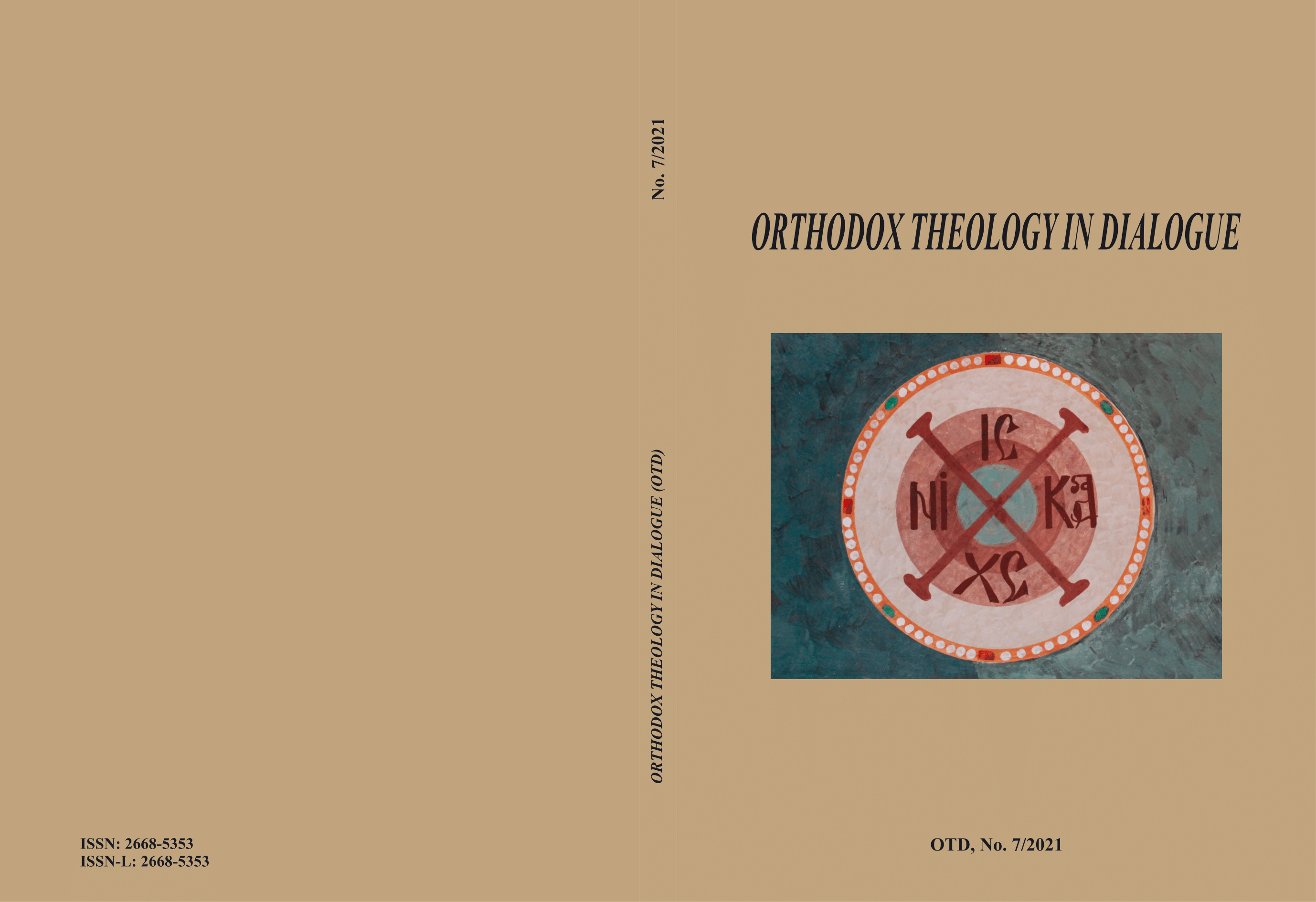UNDERSTANDING EXILE IN BIBLICAL AND MODERN CONTEXTS
UNDERSTANDING EXILE IN BIBLICAL AND MODERN CONTEXTS
Author(s): Mihai CiureaSubject(s): Christian Theology and Religion, Biblical studies
Published by: MITROPOLIA OLTENIEI
Keywords: Exile; exodus; captivity; salvation; temple; law; Resurrection;
Summary/Abstract: The concept of “Exile” appears very early in the Hebrew Bible, with the story of Adam and Eve, identifying itself latter on as the “Egyptian slavery”, which has become the paradigm of the Hebrew notion of Galut or of the Greek Diaspora. In the Exile, the Jews defined for the first time the idea of the nation and laid the foundations of the Mosaic religion. Golah (a variation of the Galut) thus becomes a formative part of the Jewish identity, organically linked to the idea of reaching the Promise Land. The Jews' stay in the “House of bondage” (which is the Land of Egypt), is the main subject of the second book of the Pentateuch of Moses: Exodus. As a matter of fact, the episode of stay in Egypt was the model that gave the rabbis a very broad perspective on Israel's exile: the Egyptian exile had become the archetype of all who followed, and it would extend over each new dungeon. Through the Exodus, the God of Israel himself proclaimed as the Eternal Savior of His people. That is why the Exodus offers for the rest of the Biblical narrative a form of language and animate for communicating the message of salvation. The Exile becomes the pattern of future deliverance, and God’s plans for salvation are based on the Exodus event in Egypt. On the other hand, the authors of the New Testament emphasize a very important thing, namely that the purpose of the “New Exodus” as a snatch of the chains of sin is first and foremost a spiritual one,namely the worship of God.
Journal: ORTHODOX THEOLOGY IN DIALOGUE
- Issue Year: 7/2021
- Issue No: 7
- Page Range: 159-175
- Page Count: 19
- Language: English

